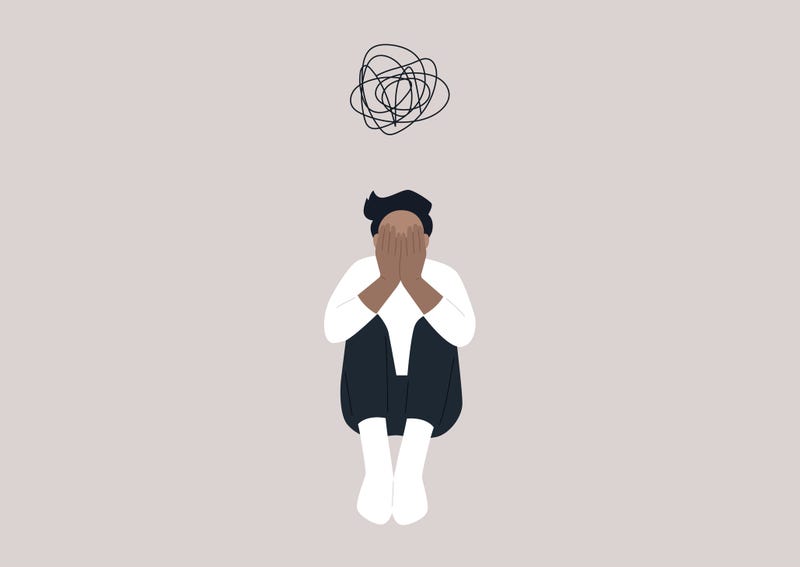
A recent survey has found that those who align themselves with more progressive ideals have lower levels of happiness and are often more anxious.
The report was conducted by psychological researchers in Finland and published in the Scandinavian Journal of Psychology, though researchers suggested that the findings might ring true for other Western nations and their socially conscious citizens.
The findings first looked to define what being “woke” meant, doing so by identifying seven truisms of those who believe they follow a progressive ideology. These included beliefs pulled from intersectional feminism, critical race theory, queer theory, and other relevant academic disciplines that inform critical social justice.
The group created a test that asked the more than 5,000 participants their feelings on the seven truisms questions they created, placing them on a scale that determined their wokeness.
It was discovered that there was a relationship between mental health and the scale, with researchers finding a high prevalence of anxiety and depression in those who believe the statement that “If white people have on average a higher income than black people, it is because of racism.”
Additionally, those who identified with a more left-wing ideology reported lower mental well-being.
When it came to who agreed with the “woke” ideals, Study author Oskari Lahtinen, a senior researcher at the INVEST Research Flagship Centre at the University of Turku, shared with PsyPost that women were more likely than men.
“The gender divide was probably most surprising to me,” Lahtinen said. “Three out of five women view ‘woke’ ideas positively, but only one out of seven men.”
Still, Lahtinen says that the research isn’t yet finished, as they are looking to extrapolate their findings to Western nations.
“The studies were quite robust with a sample size above 5,000 and good psychometric properties,” Lahtinen said. “However, the scale would need to be validated in North American samples in order to know how these attitudes manifest there. I encourage colleagues in the United States to study the prevalence of these attitudes in the country where they originate from.”
